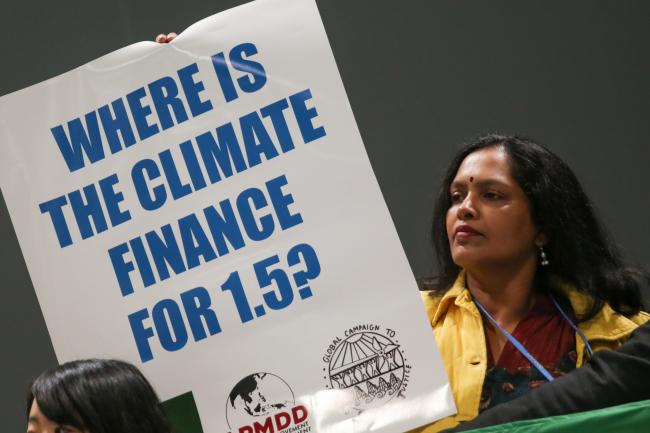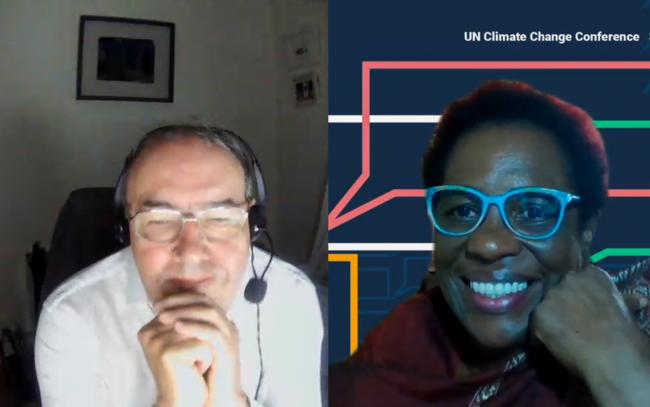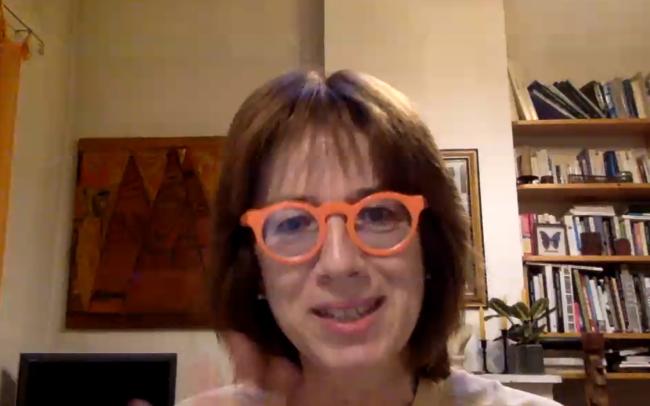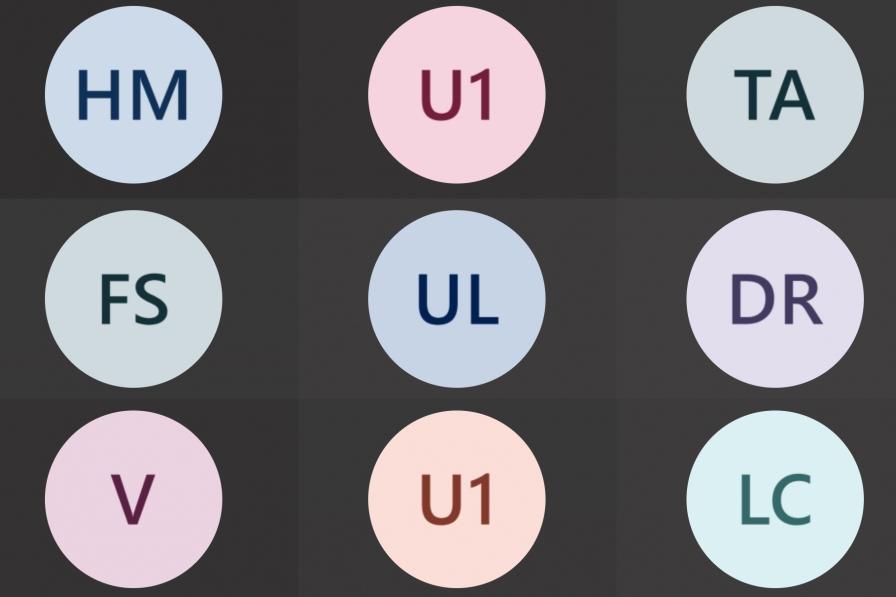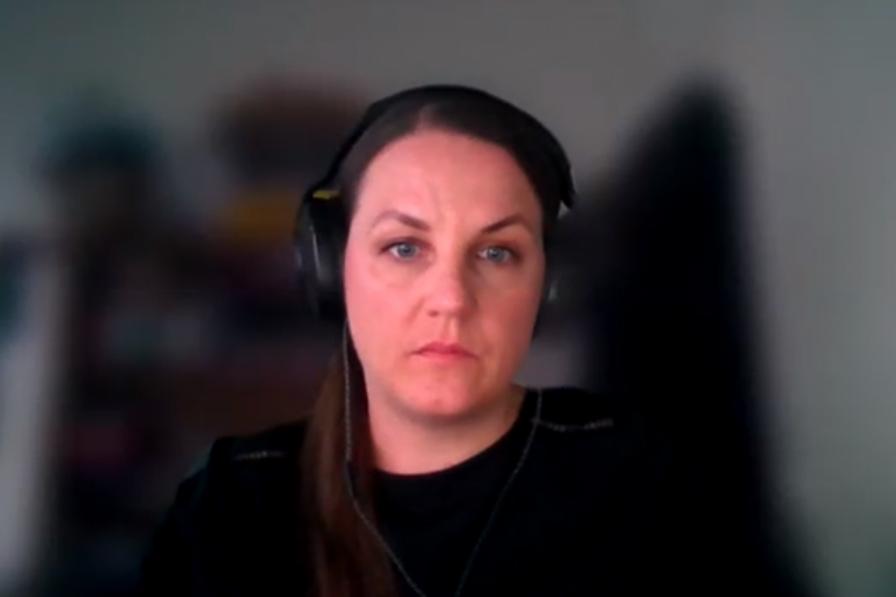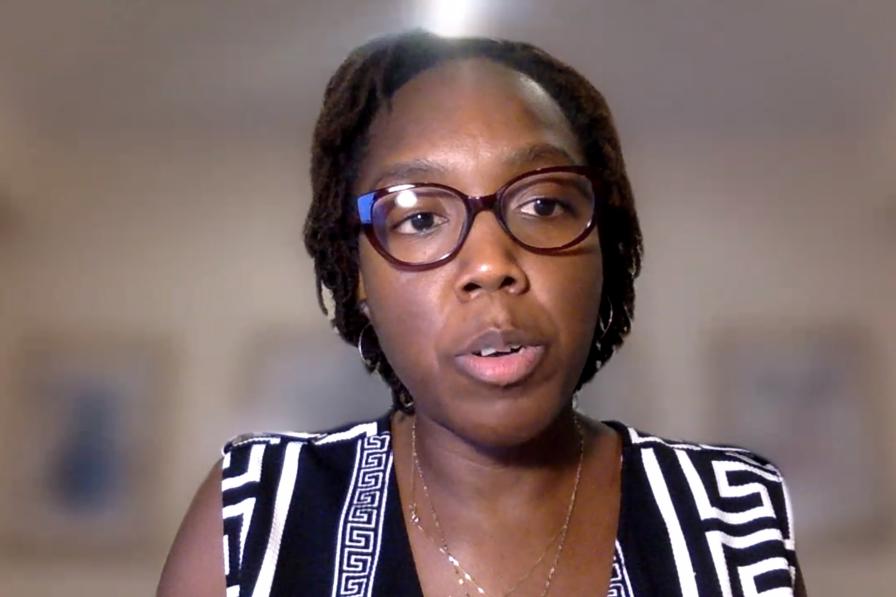The May-June 2021 UN Climate Change Conference continued its third week of virtual discussions to prepare for the 26th meeting of the Conference of the Parties (COP 26) in Glasgow, Scotland, scheduled for November 2021.
Delegates engaged in informal consultations on a range of issues, including adaptation, agriculture, transparency, and common time frames for nationally determined contributions (NDCs). In addition, an informal meeting by the COP 25 and COP 26 Presidencies on the Santiago Network on Loss and Damage, a workshop on agriculture, and an informal meeting with observers took place.
Koronivia joint work on agriculture
In the final consultation, countries agreed to forward the informal notes on the three workshop reports as well as an introductory note to the Chairs of the Subsidiary Bodies. They recognized the texts are not agreed and have no status. Regarding the workshop on improved livestock management systems, there was considerable debate over a bullet point suggesting reducing the number of livestock. The proponent acknowledged this may not be applicable in all contexts, but said science speaks to the need for reducing consumption, while many developing countries signalled their disagreement.
Second periodic review of the long-term global goal under the Convention
The Co-Facilitators presented an iteration of the informal note. Many welcomed it as a good basis for further discussions. Views diverged on whether to add the qualifier “scientific” to a reference to “integrity” in the note, with developed country parties stressing the importance of scientific integrity, while two developing country groups highlighted the need for balance across both themes of the second periodic review (scientific integrity and means of implementation). A suggestion to consider the Synthesis Report of the Intergovernmental Panel on Climate Change’s Sixth Assessment Report, in addition to the reports of its three working groups, met opposition from developed countries, who underscored avoiding overlaps with the global stocktake and keeping to the agreed time frame. The Co-Facilitators said they would issue a revised version of the informal note.
Common tabular formats for support under Articles 9–11 of the Paris Agreement
Delegates exchanged views on an informal note prepared by the Co-Facilitators. Several developing country groups lamented that not all their views were captured in the note and called for a new iteration. Noting that not all their points were reflected either, other groups and parties emphasized that the note provides a good basis for discussion, highlighting that it is issued under the authority of the Co-Facilitators and aims to capture key points of discussion. A proposal was made to refer to “illustrative” or “exemplary” instead of “draft” tables. The Co-Facilitators indicated their intention to consult with the Chair of the Subsidiary Body for Scientific and Technological Advice on the possibility of issuing a new iteration of the informal note.
Transparency Closing
The Co-Facilitators of transparency sub-items reported back on progress made in their sessions. Delegates mainly welcomed the informal notes as good foundations for future discussions. Many said the complete sets of draft tables represented substantial progress. Many also expressed dissatisfaction with the informal note on common tabular formats for reporting on support, saying it did not capture all views. Some parties expressed disappointment the informal notes included options outside the scope of the mandate, such as non-tabular formats for the structured summary for tracking NDC progress, while others stressed diverging interpretations of the mandate. Views diverged on whether the virtual format had proved useful for technical discussions.
On the way forward, some requested in-person technical workshops, possibly to be held back-to-back with COP 26, while stressing the need for balanced progress across agenda items, including on adaptation, finance, and response measures. Others supported virtual or hybrid settings. Other points raised included disappointment regarding lack of observer participation, and the sheer volume of technical work to be completed before COP 26, especially on inventories.
Common time frames for nationally determined contributions
In the final consultation, the Co-Facilitators presented their informal note. While many supported the delineation of clear options, two developing countries called for additional text that recognizes flexibility for developing country parties and to limit the decision to NDCs communicated in 2025 and 2030. There were strong calls for political intervention to guide technical discussions in order to ensure an outcome in Glasgow.
Matters relating to the least developed countries (LDCs)
Delegates continued exchanging views on the extension of the mandate of the LDC Expert Group (LEG). Discussions were informed by the second iteration of an informal note prepared by the Co-Facilitators. There was general support for a ten-year extension of the LEG’s mandate, with a mid-term review to ensure responsiveness to LDCs’ evolving needs. Several developed countries called for using the mid-term review to revise the LEG’s Terms of Reference, noting it is 20 years old. Among others, delegates also noted the need for further clarity on a proposed extension of LEG membership and proposed thematic working groups. The Co-Facilitators said they intend to prepare a new iteration of their note.
Review of the Doha work programme
In the final consultation, parties acknowledged the informal note is a compilation of views. They noted areas for further work and streamlining, particularly on how to structure the potential future framework that includes actions and thematic areas at national, international, and multilateral levels. The Co-Facilitators said they would reflect the views shared during this consultation in the note.
To receive continuing coverage of this event delivered to your inbox, subscribe to the ENB Update newsletter.
